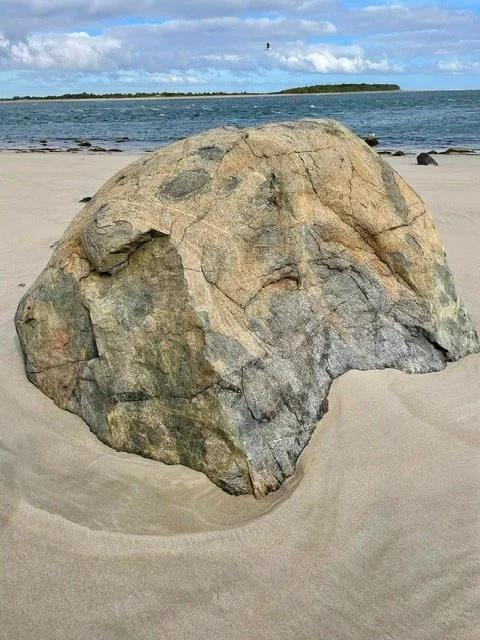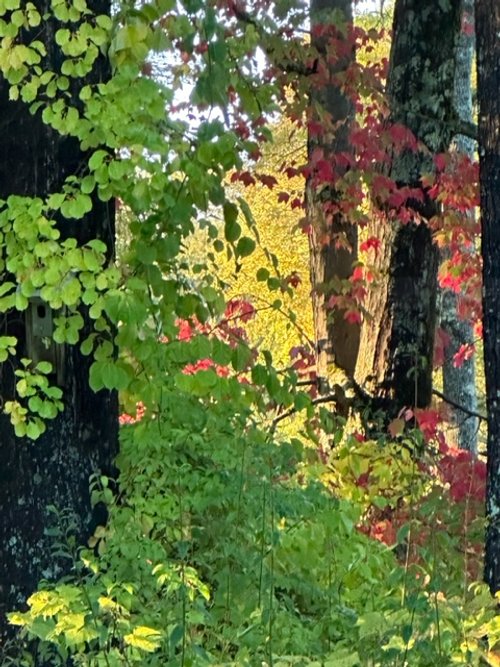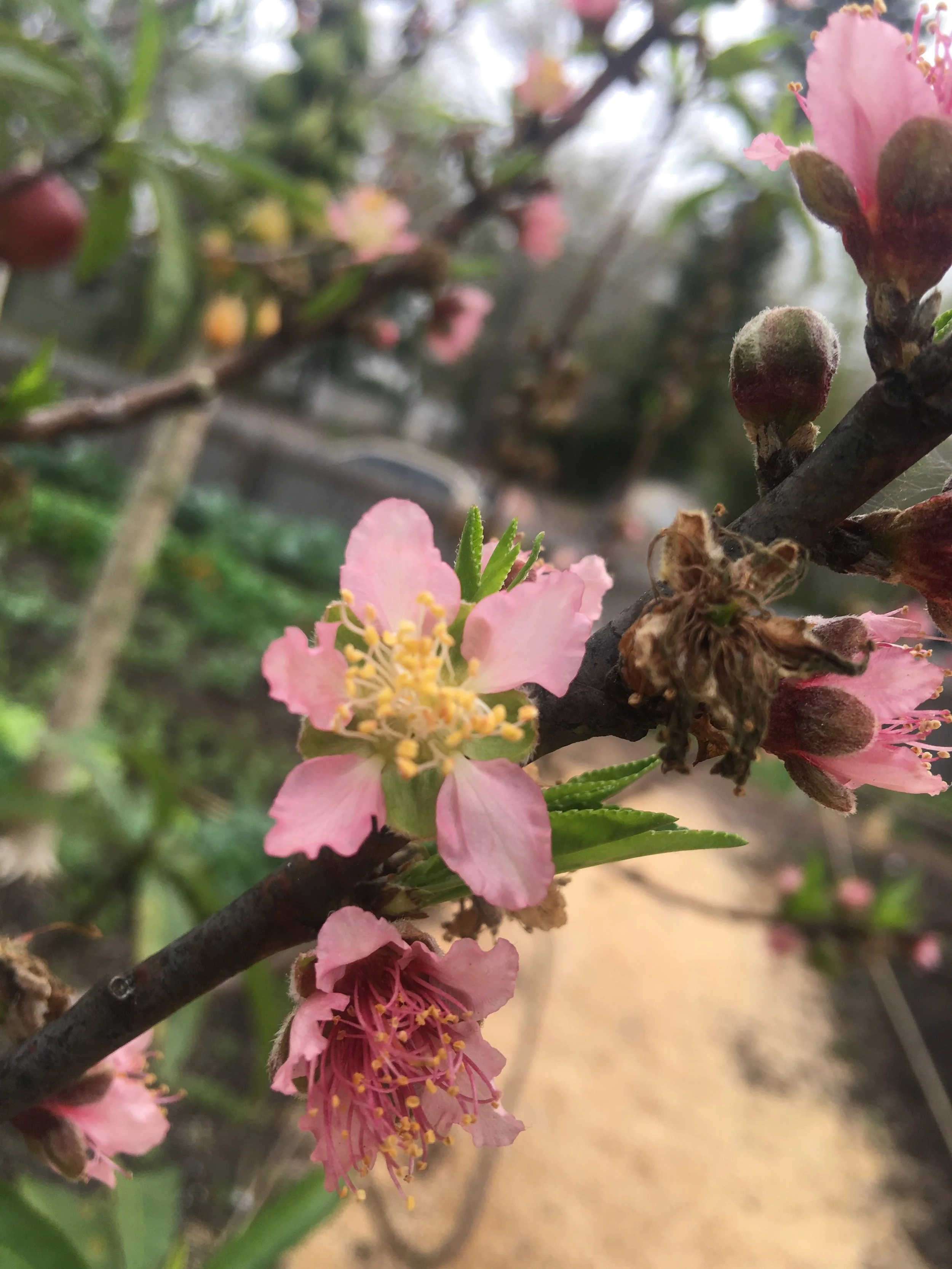Trace and No Trace
Dear Friends,
This is our last stab -- for the time being --at the famous quotation from Dogen (1200-1253):
To study the Buddha Way is to study the self. To study the self is to forget the self. To forget the self is to be actualized by myriad things. When actualized by myriad things, your body and mind as well as the bodies and minds of others drop away. No trace of enlightenment remains, and this no-trace continues endlessly.
Previously, we have talked about the first three sentences, and the way in which our progress individually and collectively actually depends on our allowing the world around us to grow more alive. Instead of feeling ourselves more intensively in the normal way, we let the world around us "actualize" us as it grows more intense. Some of you may recall earlier work with Rilke's "Progress," where he finds his personal progress in an ever more intimate interweaving with the air, the oak, the pond, all images, and with the rushing sound of what he intuits as his "greater life."
Rilke and Dogen are both involved in the limitless intensification of attention. If you pay attention to anything -- a landscape, another person, a game -- then your body and mind do in fact fall away. That is, you no longer notice them. You don't have to throw them away; they just disappear from the field of consciousness. Back when we lived in New York City, I sometimes missed my subway stop because of being too absorbed in a book.
In the last lines of this passage, though, Dogen is talking about a much further development. No trace of any special experience remains, but this no trace does remain: it "continues," and even "endlessly." How are we to understand this?
We'll discuss it, but at least one sense it may carry is that in our moments of total absorption we are so united with our experience that we do not "have" it, rather we are it or it has us, and outside of the usual sense of time. Our familiar self and world, even our grasp of special, enlightened experiences, has been replaced by a meaning, a conversation, with no end in sight.
with love,
Michael




